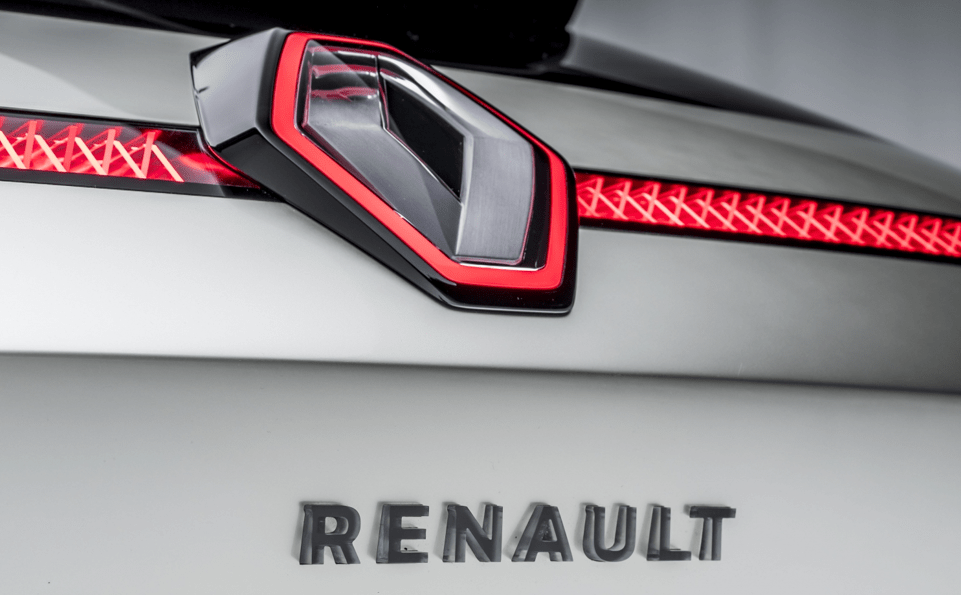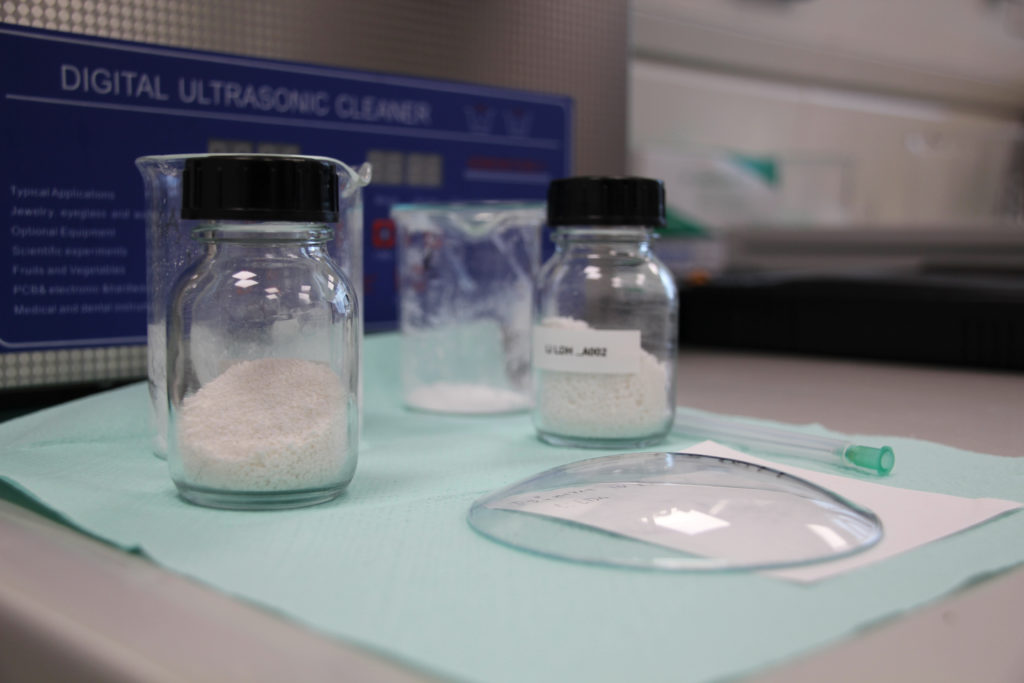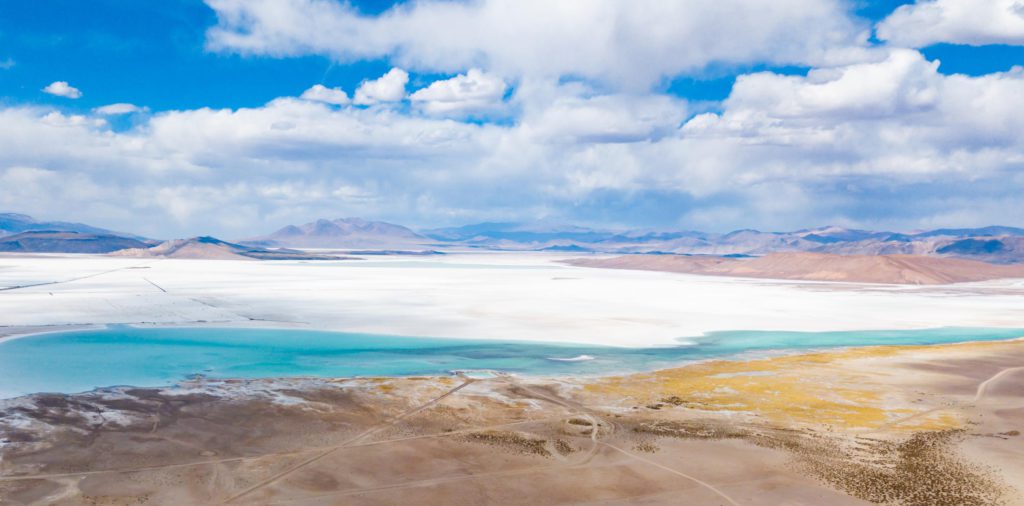Vulcan Energy bags lithium deal with Stellantis
29 November 2021

Lithium developer Vulcan Energy has bagged a supply deal with Stellantis, days after it announced securing a similar agreement with Renault. The startup will supply the carmaker with a minimum of 81,000 to 99,000 metric tonnes of lithium hydroxide over a five-year period, starting in 2026.
The agreement is part of Stellantis’ electrification strategy, which will see the manufacturer invest more than €30 billion in electromobility and software development by 2025. This latest agreement will help guarantee the adequate availability of key raw materials used in the production of battery packs found in electrically-chargeable vehicles (EVs).
Electrification strategy
‘Stellantis is moving forward on its electrification strategy with speed and power. This agreement is further proof that we have the competitive spirit to deliver on our commitments,’ said Michelle Wen, Stellantis chief purchasing and supply chain officer. ‘Safe, clean and affordable freedom of mobility represents a strong expectation of our societies, and we are committed to deliver on that matter.’
The clean-energy and electrification demands from carmakers have led to a lithium gold rush as more OEMs aim to achieve carbon neutrality and go electric. A sustainable approach from startups such as Vulcan is pivotal in helping manufacturers meet clean electromobility needs. BMW recently invested in lithium technology startup, Lilac Solutions, to support a more environmentally-friendly extraction of the mineral as OEMs are looking to electrify their fleets.
Stellantis wants 70% of its car sales in Europe, and 40% in the US, to come from low-emission vehicles by 2030. As a conglomerate of 14 car marques, it said each of its brands is committed to offering fully-electrified solutions. Its subsidiary Renault recently inked a deal with Vulcan as the vehicle manufacturer is eager to electrify its fleet and intends to operate the largest EV production hub in Europe. The agreements Vulcan has struck with Renault and Stellantis are subject to the startups’ German project becoming commercially operational.
Decarbonising lithium
Vulcan is part of a growing number of developers attempting to decarbonise the supply of lithium, a critical raw material. The Australia-listed company plans to utilise its geothermal and lithium brine resource, which is Europe’s largest source of the material located in Germany’s Upper Rhine Valley. The Australian-German startup says its reserve is big enough to fulfil Europe’s lithium needs for years, especially as carmakers scale up EV production.
According to Vulcan, Europe is home to the world’s fastest-growing lithium chemicals market, but there is ‘zero local supply’ of the white metal. It hopes to change that by trialling direct extraction in Europe, a method that is seen as more sustainable as it relies on less land and groundwater, while also not making use of brine evaporation ponds.
By putting Europe at the heart of its operations, Vulcan’s German project aims to remove the high carbon footprint and costs involved in transporting lithium chemicals by cutting out foreign imports. Its less emissions-intensive technology sounds promising, especially to carmakers aiming to create sustainable supply chains.
‘The definitive offtake agreement with Stellantis aligns with our mission to decarbonise the lithium-ion battery and electric-vehicle supply chain,’ said Francis Wedin, Vulcan managing director. ‘The Vulcan Zero-Carbon Lithium Project also intends to reduce the transport distance of lithium chemicals into Europe, and our location in Germany, proximal to Stellantis’ European gigafactories, is consistent with this strategy. We look forward to a long and productive relationship between Vulcan and Stellantis, as we work to achieve our shared sustainability and decarbonisation ambitions.’



